The university: a common good
The university: a common good
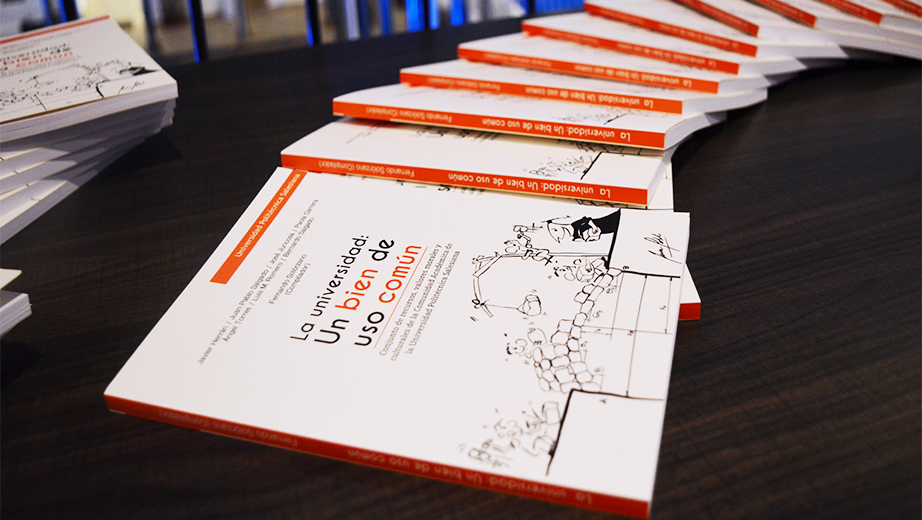
"University: a common good. A set of moral and cultural values from the academic community of Universidad Politecnica Salesiana" is a book that analyzes and contains several articles based on social co-responsibility and academic participation of Universidad Politecnica Salesiana. The book was launched in Quito and Cuenca.
The authors, Javier Herrán, Juan Pablo Salgado, José Juncosa, Paola Carrera, Ángel Torres, Luis Miguel Romero, Bernardo Salgado and Fernando Solórzano (compiler), explained that the idea of writing this book emerged from the question: Who does Universidad Politecnica Salesiana belong to? based on commons and the moral and cultural values in this community. "In the indigenous communities I have lived in, the moorland belongs to everybody. I never heard anyone saying it belongs to someone or to the State", said UPS president Javier Herran during his speech.
Every article in the book is about aspects that constitute a university of common good: autonomy, shared decision making, a vision of organization-ecosystem, a description of a society of knowledge and information that requires a culture of innovation and research while considering people as learning partners. Finally, it explains an exploratory analysis that presents seventeen indicators in a matrix that demonstrates the direction of institutions towards common good.
"We have to recover a real society, not one that is controlled, directed or established, but one that creates life and a structure, like the Andean moorland". The university is a common good where a professor develops and shares knowledge and with this job he/she is able to support his/her family. "Students learn from their professors and are willing to use their resources so that professors can get by. It is a cycle of common good", said Javier Herran.
This contribution is a guide towards new lines of research in intercultural education and will enable the university to be recognized as a community where its members contribute with each other.

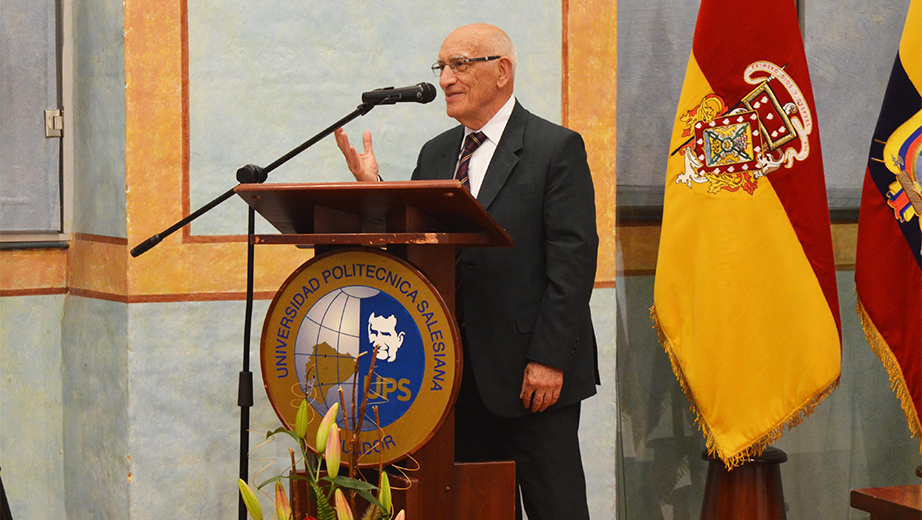
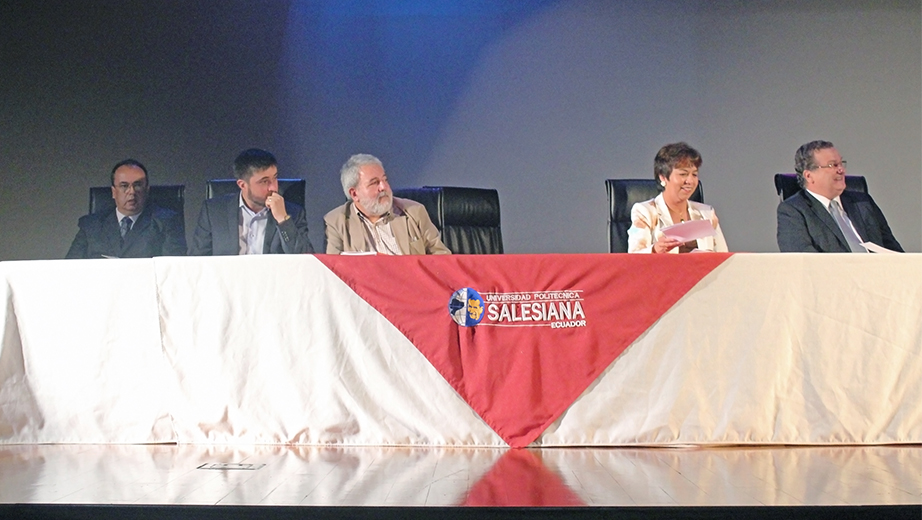
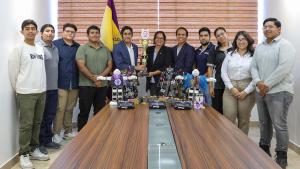
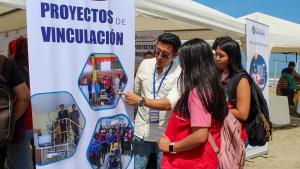
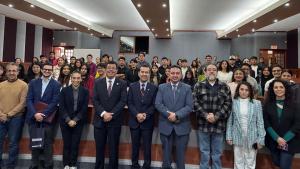

Follow us
Follow us